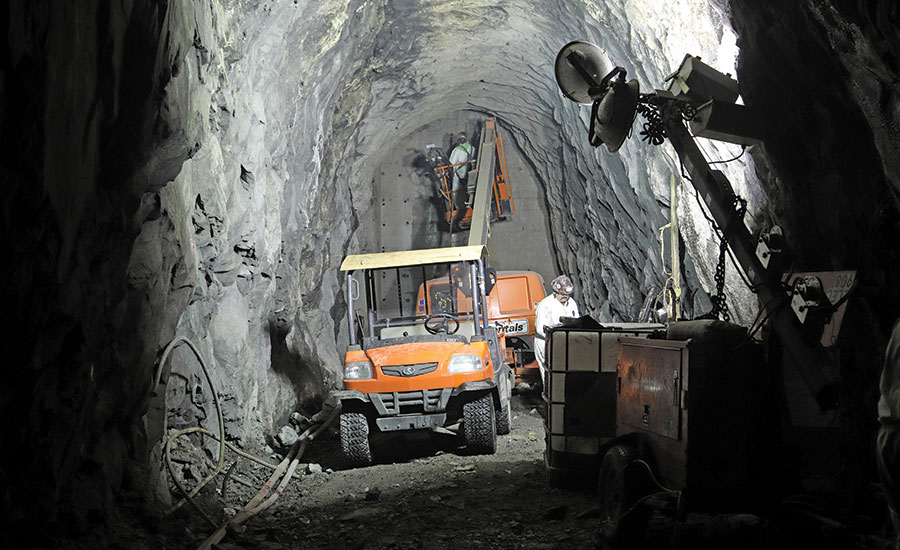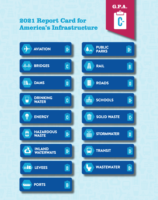Transportation groups hope the incoming Biden administration will usher in a stimulus package and address the impending September 2021 deadline regarding extension of the federal transportation bill. An adviser to President-elect Joe Biden is encouraging them to expand their internal lists of priority projects, identifying some that can get started quickly for a rapid economic boost and others that will have long-range “transformative” impacts on their states.
See more ENR transition coverage on energy, the border wall and labor.
Former Deputy U.S. Dept. of Transportation Secretary John D. Porcari told attendees of the American Association of State Highway and Transportation Officials (AASHTO) annual meeting on Nov. 12 that the Biden administration is likely to seek an increase in funding for current programs.
Porcari said the plan would likely include added funds for existing core federal programs with funds distributed by formula.
He said there also would be a focus on existing grant programs that DOT awards via competitions. The longest-running such program is for TIGER grants, which the Trump administration renamed BUILD grants.
Porcari said the new administration would have "a TIGER on steroids," with more funding. "I think you need to kind of flood the zone with more [dollars] on the formula side, more on the competitive-grant side," he said.
He predicted one overall goal will be advancing “not just shovel-ready projects but shovel-worthy projects—the ones that are actually worth doing even if they’re not the ones that are the easiest to get off the ground.”
Porcari noted that his comments did not represent the views of the President-elect, but reflected the adviser's own thoughts “on where we’re likely to be going” in transportation policy.
Karen E. Philbrick, Executive Director of the Mineta Transportation Institute, notes that three of the transition team members serve on the Mineta Transportation Institute Board of Trustees—Therese McMillan, Brad Mims, and Toks Omishakin. “The transition team reflects the diversity of our nation and includes the critical voices of labor, operations, the public sector, and academia,” she says. “I believe that the transition team will help select transportation professionals who are ready to lead a more diverse, inclusive, and equitable transportation industry.”
Like Porcari, she noted Biden’s affinity for Amtrak. “I think we will see an emphasis on resilient infrastructure investment and an expansion of transit, intercity rail and high-speed rail. Electrification, as part of aggressive climate change efforts, and an emphasis on shovel ready (and shovel-worthy) projects that create local employment opportunities and jobs with a living wage will likely also be emphasized.”
Dave Bauer, president and CEO of the American Road and Transportation Builders Association, emphasized hopes that Congress, regardless of the Georgia results’ impact on the Senate, will focus on getting infrastructure funding reauthorized. “We’ve had an interesting four years and it won’t get any less interesting next year,” he says. “Highways and transit are not the only infrastructure needs, but they’re the only ones with a Sept. 30 deadline.”
Murphie Barrett, Vice President of Congressional Relations for Infrastructure Advancement with the Associated General Contractors of America and former Congressional staffer, expressed optimism that a long-term reauthorization bill will happen. “I continue to believe it’s a bipartisan issue,” she says.
Chad Chitwood, a spokesperson for the American Public Transportation Association, also expressed hope for transit funding under the new administration. “We as an industry face an existential crisis that continues,” he says, noting that the $25 billion in aid to transit has more or less run out. The industry hopes for up to $32 billion in additional aid. “[Congress] saw and addressed the need, and we hope they will continue to do so in a bipartisan fashion,” he says.






Post a comment to this article
Report Abusive Comment